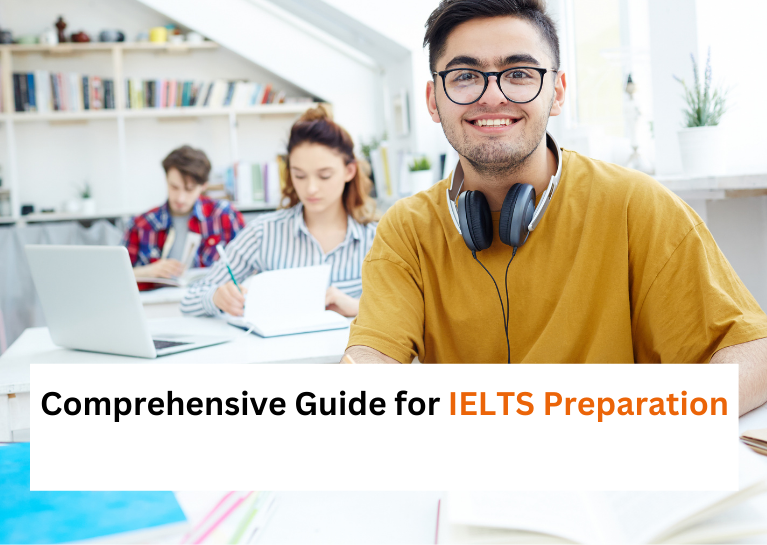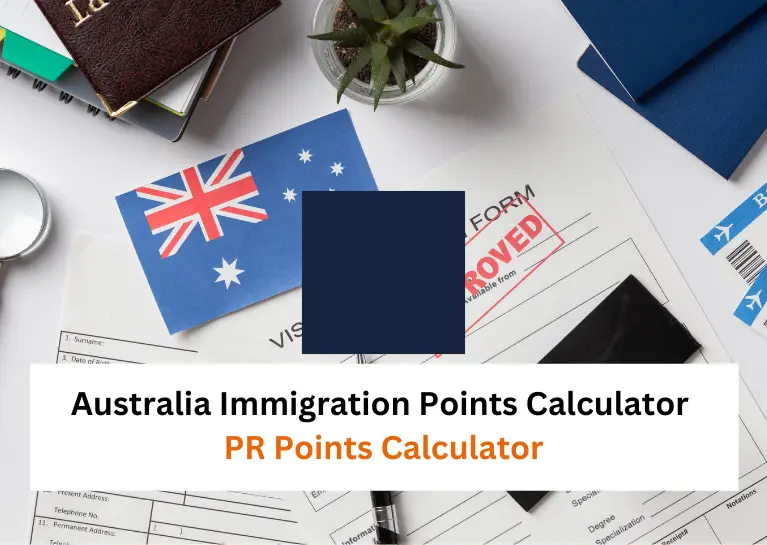Securing a place at a top UK school is not only thrilling and challenging but ultimately rewarding. It involves meticulous form completion, thorough checks, and accurate advice. The exhilarating journey of embarking on a new educational adventure can quickly turn into disappointment if your UK student visa gets denied. Having a clear understanding of the application process is crucial to avoid common UK student visa rejection reasons.
Table of Contents
ToggleIs a UK Visa Interview Mandatory for All Applicants?
Not always! Breathe a sigh of relief, for the UK visa interview isn’t a mandatory hurdle for everyone. Whether you face the interview depends on your nationality, study level, and visa category. Even without a required interview, showcasing good speaking and listening skills, plus knowledge about your studies, can really help your application.
Top 10 UK Student Visa Rejection Reasons:
Submitting Broken or Incorrect Application:
Forms that aren’t finished, missing paperwork, and mismatched facts can alert visa staff. Make sure to check everything twice before handing it in – being right matters! Thinking ahead and getting expert advice are critical to simplify the application process.
Financial Inadequacy:
Convincing the UK government that you can financially support your studies and living expenses is crucial. Ensure you meet the required maintenance funds and present solid proof of financial backing. Starting early with meticulous proofreading ensures accuracy in your financial documents, a critical aspect of visa approval.
Gaps in Your Academic History:
People might wonder about gaps in your schooling. Be ready to explain these with valid points and show your ongoing dedication to learning. Seek advice from a visa consultant for personalized guidance on addressing academic gaps, and enhancing your application’s credibility.
Poor Academic Records:
While stellar grades aren’t the sole deciding factor, consistently weak academic performance raises questions about your ability to succeed in a rigorous UK program. Aim for strong grades and present evidence of academic improvement if needed. Professional guidance can assist in showcasing academic improvements effectively, improving your chances.
Lack of Genuine Student Intent:
Visa officers assess your true intentions. Are you genuinely interested in studying in the UK, or is there another underlying motive? Show a genuine passion for your chosen field and a clear study plan aligned with your future career goals. Seeking advice from immigration specialists can help in conveying genuine student intent convincingly, providing a solid foundation for your application.
Inadequate English Language Proficiency:
Having conversations really makes a difference! When you pass significant English exams, like IELTS or TOEFL, it demonstrates that you’re capable of keeping up with an academic environment where English is spoken. Your English skills can really improve with consistent practice and guidance from an experienced professional, ensuring you communicate effectively.
Also Read: Study in UK Without ILETS
Inadequate Knowledge of Your Chosen Course or University:
Research thoroughly! Show in-depth knowledge of your chosen program and the university. This demonstrates genuine interest and preparedness for the academic journey ahead. Stay updated on the latest visa regulations and requirements for a comprehensive understanding, staying ahead in the application process.
Previous Immigration Violations:
Any past visa overstays or immigration offenses in any country can significantly hinder your chances. Be honest about your travel history and address any past issues transparently. Professional advice is crucial in navigating through the complexities of addressing immigration violations, ensuring honesty and clarity in your application.
Health or Character Concerns:
Failing to meet health requirements or having a criminal record can lead to visa rejection. Ensure you meet all health criteria and address any legal concerns proactively. Seeking guidance from immigration specialists is essential in handling health or character concerns effectively, mitigating potential roadblocks.
Technical Errors or Application Issues:
At times, even the hardest working individuals may stumble over tech issues or irregularities in applications. Check the UK Visas and Immigration site regularly to stay on top of new rules and dodge any digital problems. By staying updated and consulting experts, you can easily overcome tech hurdles, creating a seamless application journey.
What to Do After Refusal?
Never let a “no” crush your dreams! Absorb what you can from the experience, understand why your UK student visa request was denied, and target those issues straight on. Help from visa experts or educational advisors can make your next application much stronger. Keep in mind, that bouncing back from failure and sticking with it are vital steps on the path to victory.
Top Tips for Making a Successful UK Study Visa Application:
Plan Ahead:
Begin your prep work sooner rather than later to dodge last-second scrambling. A solid plan, together with starting early, can cut down on tension when you’re applying. Smart planning means you’ve got enough time to tackle unseen problems that might pop up.
Seek Professional Guidance:
Talk to a visa consultant for advice tailored to you. Their expertise makes sure your application ticks all the boxes, boosting your approval odds. Their wisdom sheds light on the tricky parts of the process.
Proofread Meticulously:
Accuracy is paramount. Double-check your application for any errors or inconsistencies. Meticulous proofreading ensures that your application is free from mistakes that could lead to rejection. Thorough proofreading contributes to the overall professionalism of your application.
Gather Strong Supporting Documents:
Provide compelling evidence of your financial stability, academic credentials, and genuine student intent. Strong supporting documents are essential in building a robust case for your application. Comprehensive documentation strengthens the credibility of your application.
Practice for the Interview (If Applicable):
Build confidence and hone your communication skills for a seamless interview experience. Practice answering potential questions to ensure you convey your intentions clearly during the interview. Interview preparation enhances your ability to articulate your goals effectively.
Stay Updated:
Keep yourself informed about the latest UK visa regulations and requirements. Staying updated ensures that your application aligns with the most current guidelines. Continuous awareness of changes helps you adapt your application strategy accordingly.
Conclusion:
Overcoming issues with UK student visa refusals isn’t out of reach. By understanding the common problems, meticulously preparing, and demonstrating your genuine intentions, you can turn every reason for refusal into stepping stones towards reaching your academic dreams. Keep in mind that organized planning, firm determination, and a bit of professional guidance can assist you in securing your visa and commencing your exciting journey in the UK. So, stay positive, eager scholar, and aim for your educational aspirations.







